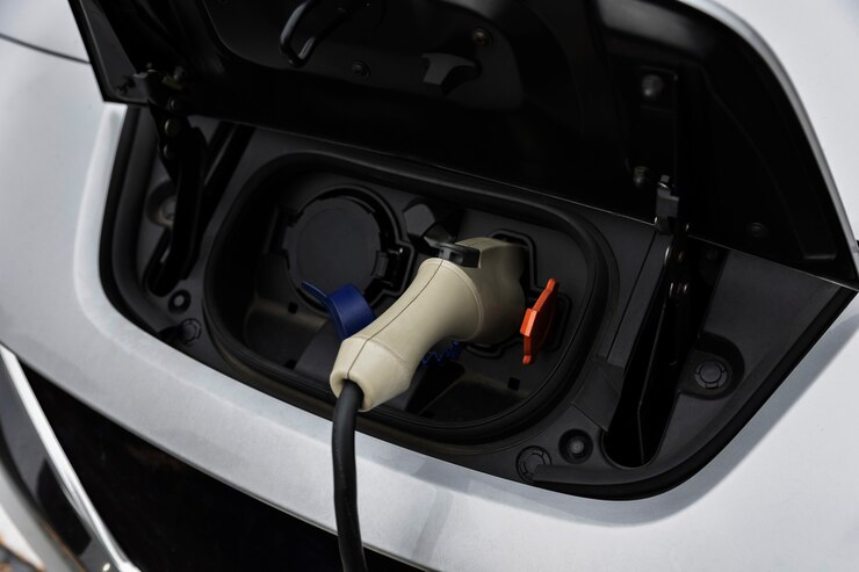For Tesla owners, the convenience and speed of the Supercharger network have been a major selling point. However, the limited compatibility with third-party charging stations using the CCS standard has been a drawback for some. Enter the Tesla CCS Adapter Retrofit, a solution designed to bridge this gap and expand charging options for Tesla vehicles.
Decoding the Jargon:
- CCS: Stands for Combined Charging System, a widely adopted standard for DC fast charging in Europe and North America.
- Adapter: A physical connector that allows a Tesla vehicle to use a CCS charger.
- Retrofit: The process of installing the adapter and any necessary additional hardware in a Tesla vehicle not originally CCS compatible.
The Need for a Retrofit:
Tesla vehicles use a proprietary connector called the Tesla Supercharger connector. While the Supercharger network is extensive, it doesn’t cover every corner of the globe. Additionally, relying solely on it limits access to non-Tesla charging networks, which can be crucial for long trips or in areas with limited Supercharger availability.
Enter the Adapter:
The Tesla CCS Adapter is a physical connector that plugs into a CCS charger on one end and into the Tesla charging port on the other. This allows Tesla vehicles to utilize the vast network of CCS chargers, significantly increasing charging options and trip flexibility.
The Retrofit Process:
Not all Tesla vehicles are directly compatible with the adapter. Those built before October 2020 require a hardware retrofit, which involves upgrading the charging Electronic Control Unit (ECU). This process typically involves:
- Scheduling an appointment: Contacting a Tesla Service Center or authorized repair shop to schedule the installation.
- Hardware upgrade: Replacing the existing ECU with a compatible one. This may involve additional steps like removing and reinstalling the charging port assembly.
- Software update: Updating the vehicle software to ensure compatibility with the adapter.
- Adapter purchase: Purchasing the separate CCS Adapter from Tesla or authorized retailers.
Important Considerations:
- Cost: The retrofit, including the adapter and labor, can cost around $450-$615 depending on the vehicle model and service provider.
- Compatibility: Not all CCS chargers are compatible with the Tesla adapter due to variations in power delivery protocols. It’s crucial to check charger compatibility before relying solely on the adapter.
- Charging speed: While the adapter supports speeds up to 250 kW, the actual charging speed will be limited by the capabilities of the CCS charger and the Tesla vehicle itself.
- Warranty: Tesla’s warranty covers the adapter and retrofit installation. However, it’s important to clarify any potential warranty implications with your service provider.
Benefits of the Retrofit:
- Increased charging options: Access to a wider network of charging stations, particularly during long trips or in areas with limited Supercharger coverage.
- Improved trip flexibility: Reduced reliance on Superchargers, allowing for more spontaneous travel and route planning.
- Future-proofing: As CCS adoption continues to grow, the retrofit prepares your Tesla for wider charging compatibility.
Is it right for you?
The decision depends on your individual needs and driving habits. If you frequently travel long distances or rely on charging outside the Supercharger network, the retrofit can significantly enhance your charging experience. However, for those who primarily use Superchargers and rarely venture beyond their range, the cost may not be justifiable.
The Future of Charging:
The Tesla CCS Adapter Retrofit is a significant step towards interoperability in the EV market. As CCS adoption continues to expand, and other manufacturers offer similar solutions, the need for proprietary charging networks will diminish. This will ultimately benefit all EV drivers by creating a more seamless and accessible charging infrastructure.

